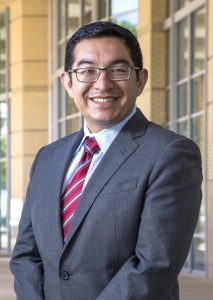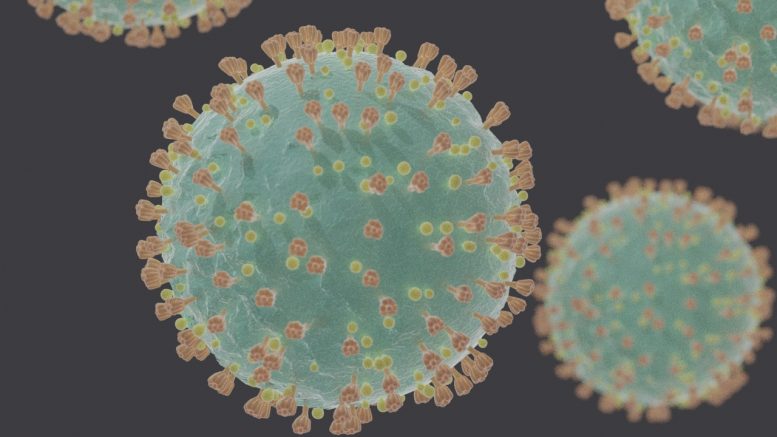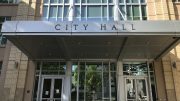Editor’s note: Latino business and community leaders demand more to heal COVID-19 devastation
Sacramento’s Latino community, among the most devastated by the COVID-19 pandemic, could use some reasons for hope.
So business leaders and others got together Wednesday to spotlight assistance efforts that total $10.5 million—but also to demand more.
They said that these initiatives are the result of weeks of collective, grassroots work—and stressed that they represent only a “down payment” toward equity for a historically underfunded and underserved community.
“The community is not going to tolerate being treated as second-class citizens,” said Jim Gonzalez, chairman of the Latino Economic Council.
He and the other leaders have been warning since the start of the crisis that the Latino community was at high risk for infection and economic damage. Unfortunately, they say, many of their fears have come true.
As of Aug. 28, Hispanics accounted for 3,160 of 17,150 total COVID-19 cases in Sacramento County, or 18%, and 62 of 274 deaths, or 23%. That’s the most of any ethnic minority, but in line with the 24% Latino share of the county population.
Eric Guerra, the only Latino member of the City Council, said the priorities are to help Latinos who have lost their jobs during the pandemic, to make sure essential workers have adequate protection and to address what he called a “tragic” information gap about the virus.
“We’re tackling it at all angles, Guerra said during a bilingual press conference via Zoom.

Of the $10.5 million, the biggest line item is $7 million in the planning stages by Sacramento County for housing to isolate agricultural and service industry workers who live in multi-generational households.
On Tuesday, the City Council approved $10 million in workforce development grants, many of them targeted for displaced workers in disadvantaged communities. For example, La Familia Counseling Center will receive $400,000 to hire 25 people as contact tracers and other health workers to fight coronavirus in the Latino community.
Rachel Rios, executive director of La Familia, said she’s grateful to the city and also to the county for investing in contact tracers in Latino neighborhoods. “Health happens in communities,” she said.
Hacker Lab is receiving $313,500 to train 75 people in prototyping and entrepreneurial skills for PPE and related businesses. Gina Lujan, co-founder and CEO of Hacker Lab, said Latino students will be part of that program.
Also, Latino-owned businesses received about $1 million, or about 11%, of the second round of small business loans handed out by the city. The city announced Wednesday that 1,347 businesses will get $9.5 million in forgivable loans of 1,878 completed applications.
Cathy Rodriguez Aguirre, president and CEO of the Sacramento Hispanic Chamber of Commerce, said more Latino businesses didn’t apply for loans due to language barriers, a cultural resistance to asking for government help and a lack of information, including that the loans don’t have to be repaid if certain conditions are met. She also urged the county to offer similar loans to businesses in unincorporated areas.
Also included in the $10.5 million is money for food, masks, community outreach, digital skills training, a job protection hotline and mediation for renters.
Gonzalez of the Latino Economic Council praised Guerra and Phil Serna, chairman of the county Board of Supervisors, for pushing local government “bean counters,” who he said tend to move slowly even though quick action is required during a public health crisis. The money, he said, will directly help people and not get diluted in the bureaucracy.
“It’s been a long time coming,” Rodriguez Aguirre said.






Be the first to comment on "A fair share"